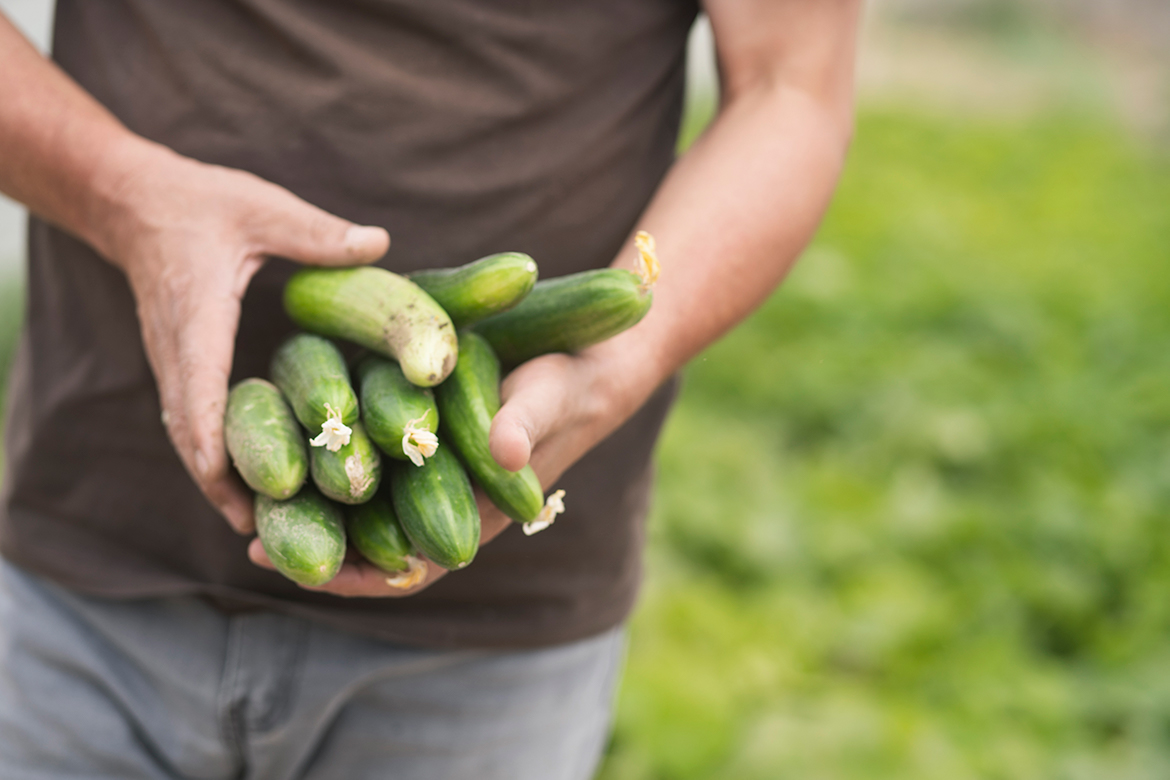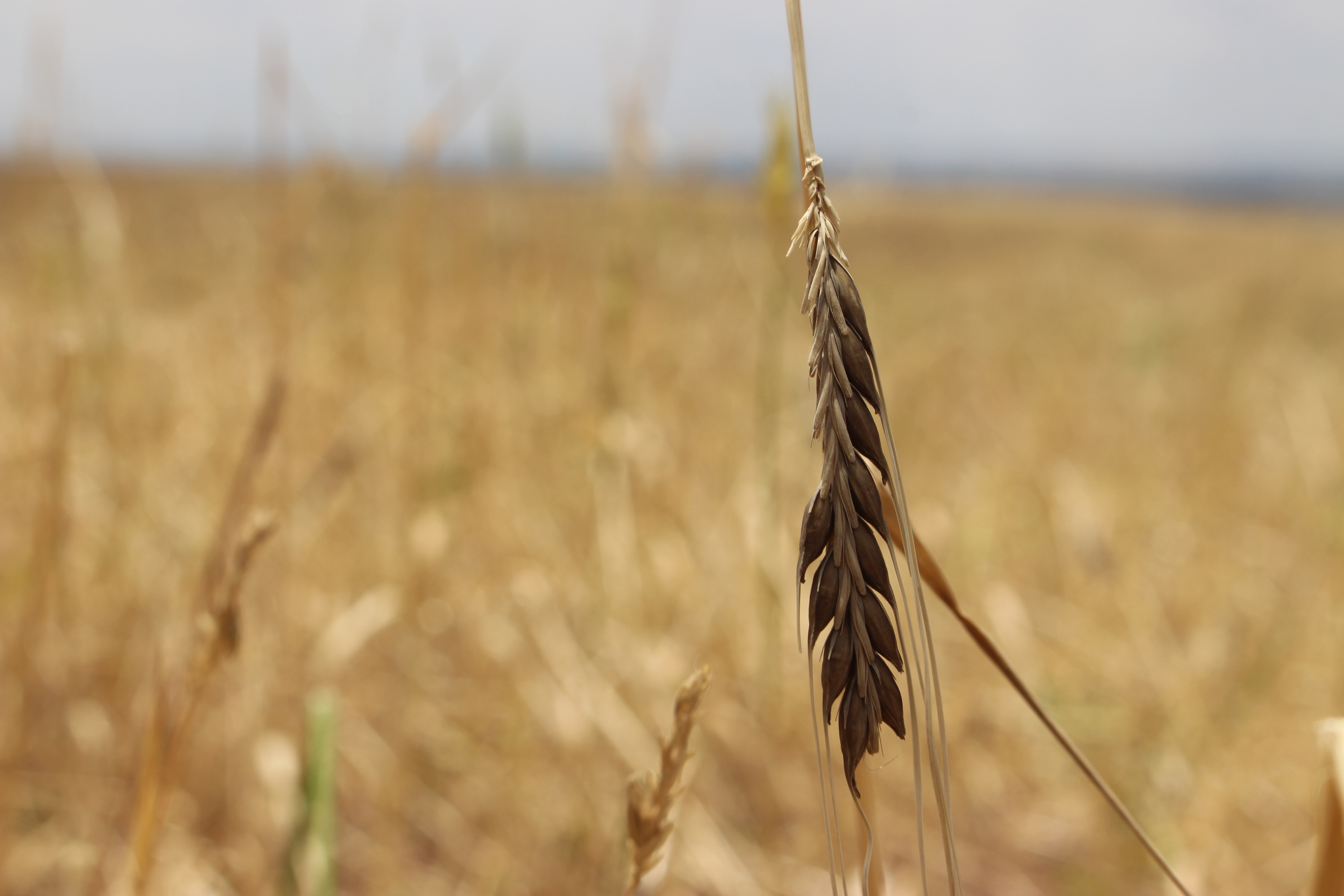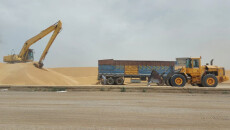Hundreds hectares of agricultural land in Tilkef district of war-torn Nineveh province have turned futile due to climate change and other administrative challenges, which according to officials are about to completely destroy the agricultural sector in the region.
The consequences of climate change, including water scarcity, lack of rain, and drought, are among the main challenges facing Tilkef farmers. According to a follow-up by the United Nations UN, climate change has affected the agricultural sector in the region by 50 percent, and this percentage is increasing.
These risks prompted a few days ago the Iraqi Institute for Development (IID), a non-governmental organization, to organize meetings and dialogues to discuss the problems of the agricultural sector in detail and how to address them within the framework of an environmental project.
“One of the key problems in the region is our marginalization in the governorate’s agricultural plan, that is, they do not allow us to plow our lands because some of us do not have power of attorney (to use the land) or documents proving our ownership of the lands and that we inherited them from our fathers and grandfathers,” Sufyan Adnan, one of the Tilkef farmers, told KirkukNow.
Talkif district, located in the Nineveh Plain, is one of the disputed territories between the Iraqi federal government and the Kurdistan Regional Government KRG, according to Article 140 of the Iraqi Constitution. Like many other regions, it suffers from disputes over the ownership of large areas of agricultural lands and farms.
The majority of the residents of Tilkef are Christians who were displaced from the area, and most of them have not returned yet.
Bassem Bello, mayor of Tilkeef district, told Kirkuk Now, “There are major challenges facing farmers that prevent them from exploiting their lands, given that the area is disputed.”
“In addition to that, there are interventions and some lands are seized and turned into housing units.” Bello believes that “poor planning by the state in the housing process, pushes people to convert agricultural lands into residential areas.”
When the Islamic State of Iraq and the Levant (ISIL) took control of Nineveh and several areas of Kirkuk in 2014, Christians were faced with three options; Converting to Islam, paying taxes or migrating, so the majority were obliged to leave Iraq for Europe, USA and Australia.
There are no Christian Internally Displaced Person IDP in the camps of Duhok Northern Province since almost half of them have migrated abroad and the rest live in different neighborhoods and areas of the province, few have returned to their war-torn region.

Faza Mughair, Director of the Development Department at the Nineveh Governorate Office, told KirkukNow that they are working through a number of committees to help farmers and solve their problems, including “addressing the problem of fertilizer shortages, water scarcity, and confronting the effects of climate change, in addition to reducing violations on agricultural lands.”
“The biggest challenge facing farmers now is climate change. Some years witness a good percentage of rainfall and in other years we suffer from drought. Rainfall is low this year and the agricultural plan has not been implemented in the region because they ask farmers for documents proving their ownership of the lands, which has led to a decline in agriculture,” said Mohamed Ibrahim, former Director of Tilkef Agriculture.
Tilkef district is 20 kilometers north of Mosul, and its population is estimated at about 300,000 people, consisting of three sub-districts and more than 100 villages, according to statistics obtained by (KirkukNow) from the departments and officials of the region.
Ibrahim says that high fertilizer prices, fuel shortages, and the failure to provide farmers with pesticides are other challenges facing farmers that are about to destroy the entire agricultural sector.
Nineveh Governorate is a rich agricultural region, and according to the Central Bureau of Statistics, 40 percent of the governorate’s population lives in villages, and in 2021 the agricultural plan for wheat and barley was more than 600,000 hectares, as well as crops of corn, sunflowers, rice and other agricultural crops.






